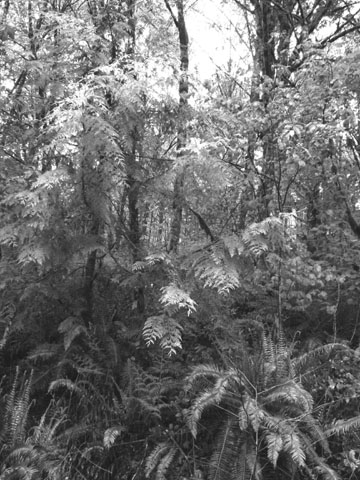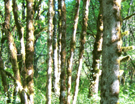Craft fibers Decorative wood Food crops Live plants Markets and Marketing Ornamentals Pharmaceuticals and extracts
by admin
7 comments
Chapter 2: The Ideal Tree Farm Species
From A Guide to Innovative Tree Farming in the Pacific Northwest by Mike Dubrasich. 2005. Whirlwind Press. For a hard copy of the book ($10 - includes shipping) please contact W.I.S.E. [here].

My professional advice to you is don’t plant Douglas-fir on your tree farm. You might find this advice curious because Douglas-fir is the commercial tree species most commonly grown in the Pacific Northwest. Every year billions of board feet are harvested, and hundreds of millions of new Douglas-fir seedlings are planted. What’s the problem? What’s wrong with Douglas-fir?
The problem is that growing Douglas-fir has a huge opportunity cost. Many other species produce more net income per acre per year. Tree farming is a business. Douglas-fir is a poor money maker.
In general the best species to grow would be the one that makes the tree farmer the most money with the least effort in the shortest amount of time. This is profitability: gross sales minus all costs, discounted to the present. To meet the profitability goal, the ideal tree farm species should have the following characteristics:
1. Fast growth, reaches harvest age quickly.
2. Easy to grow, with minimal up-front capital investment, and low maintenance, culturing, and harvesting costs.
3. Produces valuable products, preferably for expanding markets.
4. Provides the tree farmer the opportunity to add value to the products
Let’s examine these ideal characteristics one at a time.
